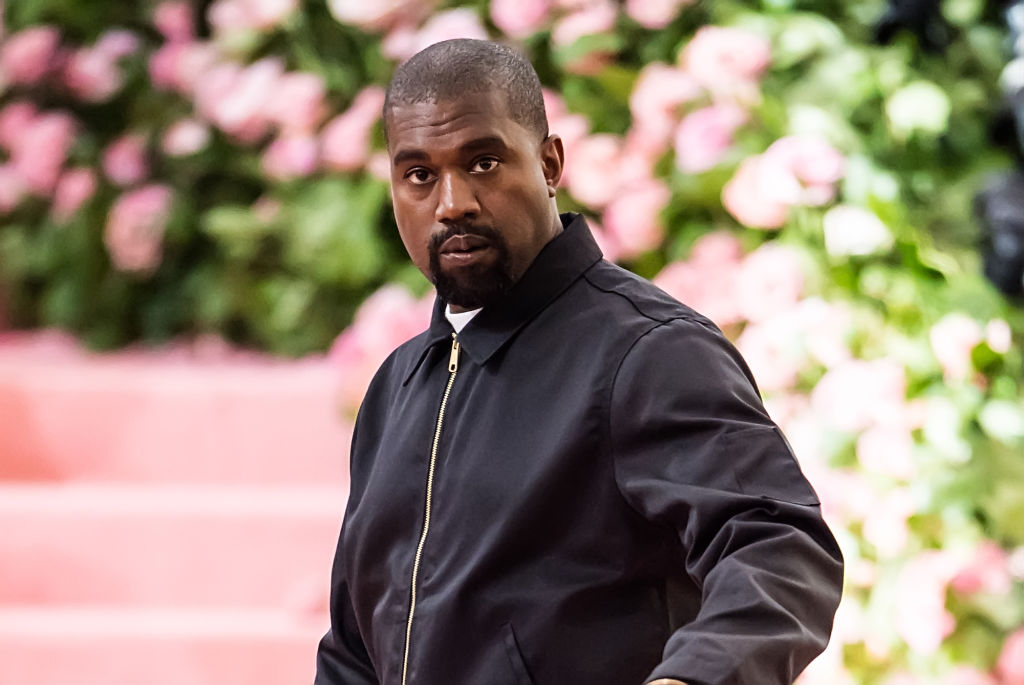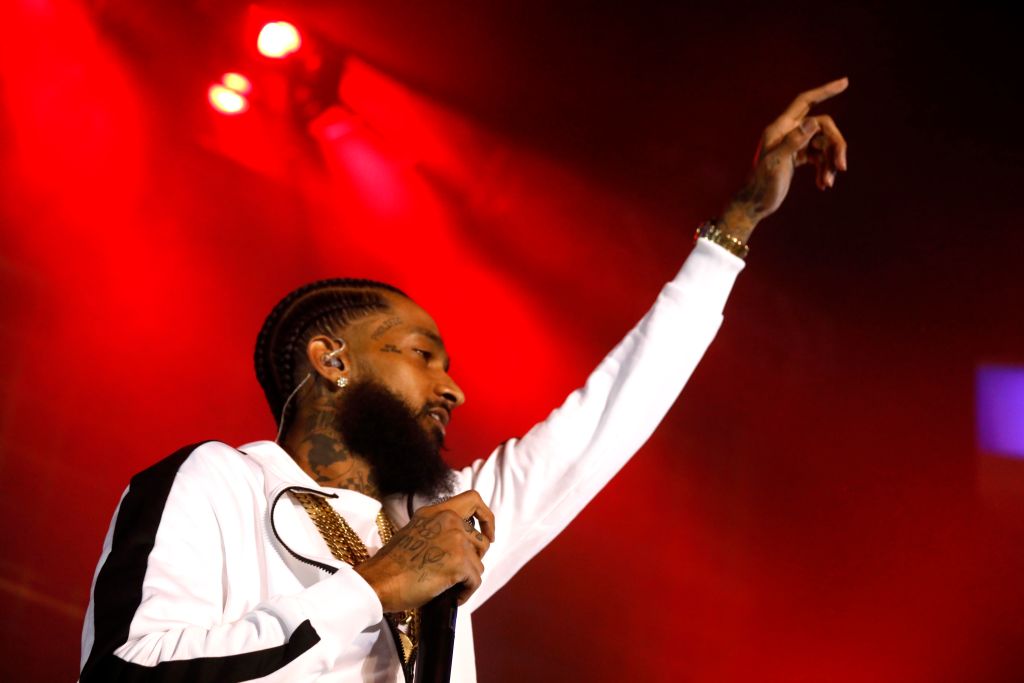‘Cancel Culture’ Is A Myth To Silence Marginalized Voices

Source: Gilbert Carrasquillo / Getty
The phrase “cancel culture” has been one of the most popular new things for people to say without really having any clue what it actually means. The prevailing definition of cancel culture is the idea that saying the wrong thing, having old inflammatory tweets or sound bytes resurface or having unpopular political reviews will ultimately result in social media users “canceling” the offending party. To “cancel,” then, is to sic the wrath of social media upon someone with the end result being some sort of catastrophic blow to said person’s career. The prevalence of these “cancel” moments has caused people to characterize the leaders of so-called cancel culture – namely young, marginalized communities – as too sensitive; as always needing to find something to criticize or find fault in. Leading to an idea that free speech is dying at the hands of those pesky millennials. But here’s the problem: cancel culture isn’t an actual thing because nobody really, truly gets canceled. And the continued use of the phrase like it’s some boogeyman is only a thinly-veiled method of marginalizing the people around us who want to vocalize when they and their respective communities are wronged.
Let’s look at an abridged list of people who have gotten “canceled” on social media. When it was announced that Kevin Hart would host this year’s Oscars, his old homophobic tweets resurfaced, causing the Academy to demand an apology from him. He refused and was booted from the show. When Louis CK and Aziz Ansari were accused of sexual assault, they responded by taking social media hiatuses. When Kanye West said slavery was a choice and started donning MAGA hats while being chummy with Donald Trump, he was summarily slandered across social media. In most people’s eyes, these men got canceled. But in actuality, nothing really happened to them beyond career inconveniences.
Louis CK and Aziz Ansari are both back on the comedy circuit, touring and making money. Kevin Hart dropped a new (awful) Netflix comedy special and Kanye West’s Yeezy sneakers are still selling out every time they’re released. We could go on: R. Kelly was touring pretty much up until the day he was actually arrested; Roseanne – whose show was literally canceled last year due to her rampant racism – returned to standup in March; and so on. The fact is, people just don’t actually get canceled. Their shows might get canceled. Their movies might get shelved. Their albums might get panned but in the grand scheme of things, their lives go on relatively unscathed – especially compared to the marginalized folks they continue to insult.
If Kanye’s album had been any good or Kevin Hart’s standup been bearable or R. Kelly had a fire new project, these men would have just as many fans quoting gobbling up their works as before. That’s because, for as many voices that are genuinely outraged by what these people do and say, there are just as many fans who don’t care enough about the LGBT community, black folks, women or anyone else to stop supporting their trash faves.
Even though nobody is actually ever canceled, the importance of people who call out the homophobic, racist, ableist, misogynist, etc. etc. among us can’t be understated. The pressure applied to celebrities and those in the public eye from hordes of regular folks and activists is vastly important in articulating what actions will and won’t be accepted by society anymore. Every time someone becomes a trending topic for hate speech and intolerance, it’s a reminder that there will always be people among us who will hold your feet to the fire if you say something that could threaten our lives.
At the same time, however, the persistence in people in the public eye to scream “cancel culture” and call marginalized folks too sensitive or themselves intolerant is simply a means to control narratives and live with the freedom of a misogynist, racist or homophobe without consequences. No, society isn’t getting more sensitive, we’re just getting more vocal and using social media as a means to articulate the need for everyone to simply do better. Yelling “cancel culture” when a member of the LGBT community won’t let Kevin Hart off the hook for his homophobia gaslights that person and suggests that demanding the comedian answer for his words is somehow unreasonable. Crying “cancel culture” is simply begging to be as loud and hateful as possible with little recourse.
Cancel culture is a myth. The reality is there are more people with amplified voices who are refusing to sit silently while their communities come under attack by those with the social capital to cause harm. When that happens, awareness is raised, people are uncomfortable and hopefully, some are deterred from being trash. But in reality, for the overwhelming majority of instances, nobody actually gets fully canceled or faces life-changing consequences or silencing. They’ll still earn their money, maintain their notoriety and go about their careers relatively unscathed. They’ll just know that there will be folks ready to call them out at every step of the way if they show they haven’t bothered to learn from their transgressions.
David Dennis, Jr. is a writer and adjunct professor of Journalism at Morehouse College. David’s writing has appeared in The Guardian, The Smoking Section, Uproxx, Playboy, The Atlantic, Complex.com and wherever people argue about things on the internet.
SEE ALSO:
















